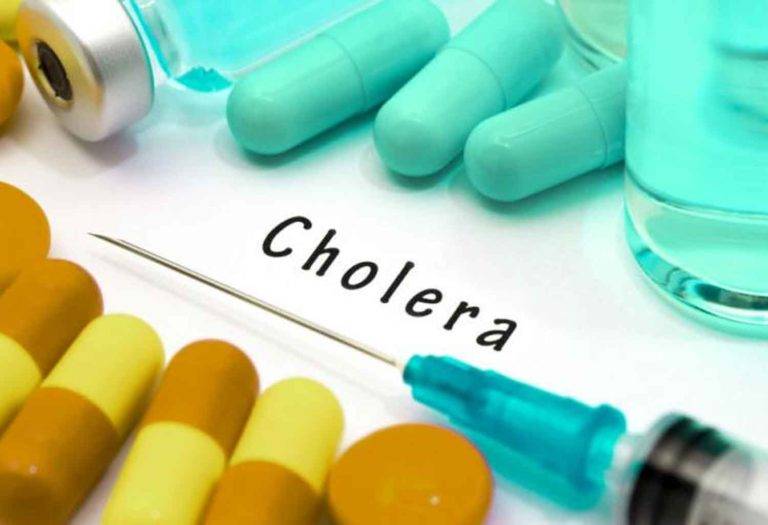As Nigeria grapples with a cholera outbreak affecting 30 states, the World Health Organization (WHO), the United Nations Children’s Fund (UNICEF), and the International Organization for Migration (IOM) held an emergency meeting on Tuesday in Lagos State.
The WHO Country Representative, Dr. Walter Mulombo, announced the meeting on his X handle, stating, “Happening Now: @WHONigeria @UNICEF_Nigeria @IOM_Nigeria hold an emergency meeting on the emerging cholera outbreak in Lagos State. The three agencies are discussing joint @UN_Nigeria support @NCDCgov @ProfAkinAbayomi.”
According to the Nigeria Centre for Disease Control and Prevention (NCDC), between January 1 and June 11, 2024, there have been over 1,141 suspected cases and 65 confirmed cases of cholera, resulting in over 30 deaths across 96 LGAs in 30 states.
In Lagos State, the Ministry of Health reported 350 suspected cases of cholera in 29 wards across multiple local government areas, with 17 confirmed cases and 15 deaths due to severe dehydration caused by delayed presentation. The state’s Commissioner for Health, Prof. Akin Abayomi, identified the Island area of Lagos as the epicenter of the outbreak, with 106 of the suspected cases recorded there.
### Experts Warn Ahead of NYSC Camping
With the National Youth Service Corps (NYSC) set to open its 37 permanent camps for a three-week orientation exercise on June 26, 2024, medical experts have raised concerns over the potential spread of cholera due to poor sanitary conditions, lack of clean water, and inadequate cleaning supplies in the camps.
Professor Kayode Osagbemi, a Public Health expert at the University of Ilorin, emphasized the need for NYSC authorities to ensure camps are clean and suitable for habitation before corps members arrive. He stressed the importance of preventive measures, including clean water supply and environmental sanitation, to avoid outbreaks.
“We don’t need to wait until they start having the infection before we start treating because prevention is easier, better, and cheaper than treatment,” Osagbemi stated. He also urged corps members to adhere to personal hygiene, environmental sanitation, and regular hand washing to mitigate risks.
Dr. Laz Eze, a public health policy and management specialist, highlighted the deadly yet preventable nature of cholera, emphasizing the need for proper education on water hygiene, environmental sanitation, and hand hygiene in NYSC camps.
### FCTA Sensitizes Schools
In a proactive measure, the Federal Capital Territory Administration (FCTA) has sensitized school principals and implemented measures to prevent the outbreak and spread of cholera in schools. Director of the FCT Secondary Education Board, Sani Ladan, reported that disinfectants, toilet paper, and hand washing facilities have been provided in school toilets, and food vendors are being closely monitored.
### Ondo Activates Surveillance
Ondo State has also activated its surveillance systems to respond swiftly to any cholera cases. The state’s Commissioner for Health, Dr. Banji Ajaka, announced that safety measures are in place, including an emergency preparedness committee to address issues such as potable water provision, sanitation, and strengthening health institutions. Two cases recorded earlier this year in Okitipupa Local Government Area were swiftly contained by the state’s rapid response team.
These concerted efforts by various state and federal authorities, along with international organizations, aim to curb the spread of cholera and safeguard public health across Nigeria.




